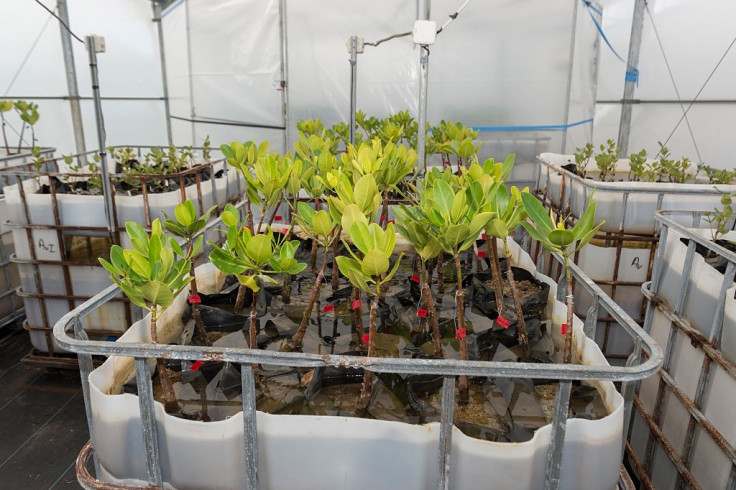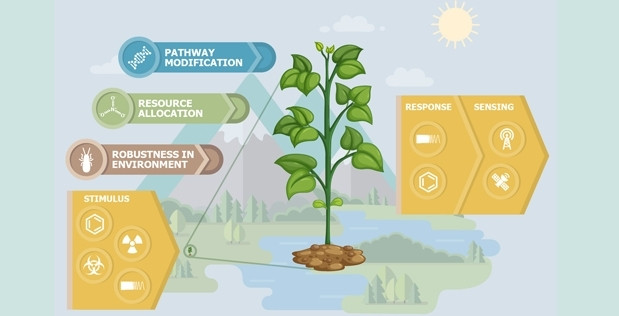Darpa wants to turn plants into biohazard-detecting spy sensors
Plants naturally react to environmental changes and the agency wants to leverage this quality through genetic engineering.

The US Defense Advanced Research Projects Agency (Darpa), the agency which is responsible for the development of emerging technologies for use by the US military, is planning to turn plants into bio-hazard detecting spies.
According to a Gizmodo report, under the new Advanced Plant Technologies or APT program, Darpa plans to modify plants genetically to make them discreet, self-sustaining sensors that can detect chemicals, pathogens, radiation, and electromagnetic waves.
Plants naturally react to environmental changes and the agency wants to leverage this quality through genetic engineering.
The idea is to make the plants reactive to the hazards mentioned above and monitor their response using existing ground, air, and space-based technologies as and when they detect the presence of relevant stimuli.
These energy-independent, robust, and stealthy "intelligence gatherers" would then replace costly mechanical sensors and capture accurate and timely information for military benefits.
"Plants are highly attuned to their environments and naturally manifest physiological responses to basic stimuli such as light and temperature, but also in some cases to touch, chemicals, pests, and pathogens," said Blake Bextine, the Program Manager for APT.
"Emerging molecular and modelling techniques may make it possible to reprogram these detection and reporting capabilities for a wide range of stimuli, which would not only open up new intelligence streams but also reduce the personnel risks and costs associated with traditional sensors."

According to Darpa, the benefits of the sensors would not be limited to military applications. Civilians could also harness the power of these genetically-modified plants for identifying several life-threatening hazards such as landmines or unexploded bombs from past conflicts or testing sites.
It is worth noting that unlike past experiments of this type, Darpa wants to introduce these bio- modified plants without making them weak or taking their ability to thrive in natural environments.
The groundwork for the program will be conducted in contained labs, greenhouse facilities, and simulated natural environments, following which field trials will be undertaken with necessary protocols in place.





















